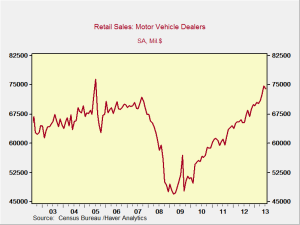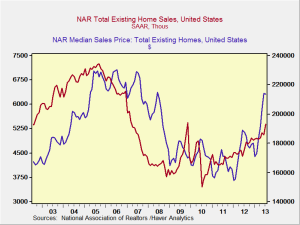This is the third installment in a series on alternative asset classes and your portfolio. The first covered strategies that use liquid underlying assets like stocks and bonds, which are freely tradable. Yesterday, we talked about how illiquid asset classes can also fit into a portfolio, with some examples, but didn’t really delve into details. Today, I want to discuss real estate as an example of an asset class that can be used in both liquid and illiquid forms.
The liquid form is known as a real estate investment trust, or REIT for short. REITs are publicly traded and are essentially stocks in every way except for the underlying asset, which is a portfolio of commercial real estate buildings, mortgages, or both. Investopedia offers a pretty good definition of REITs.






